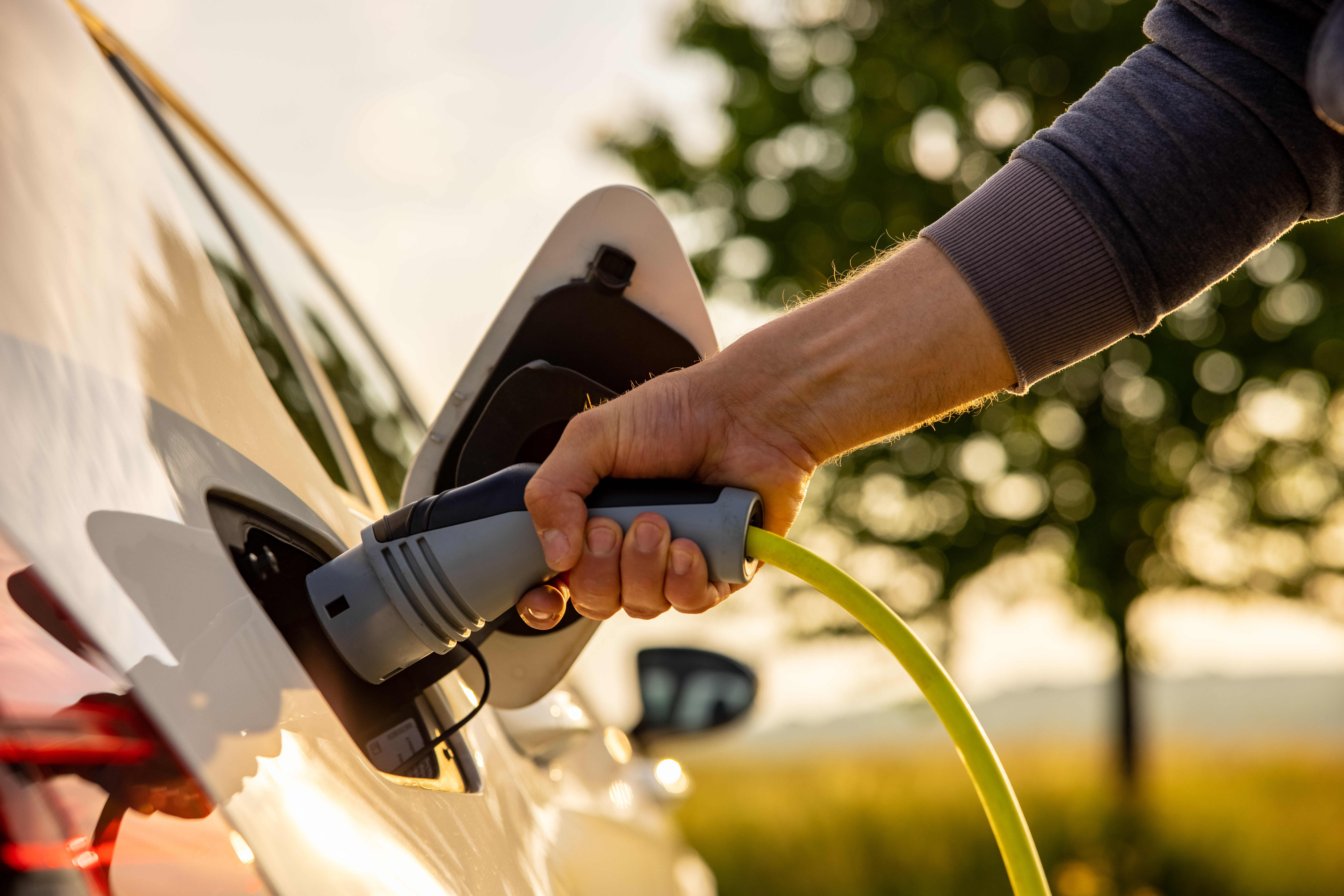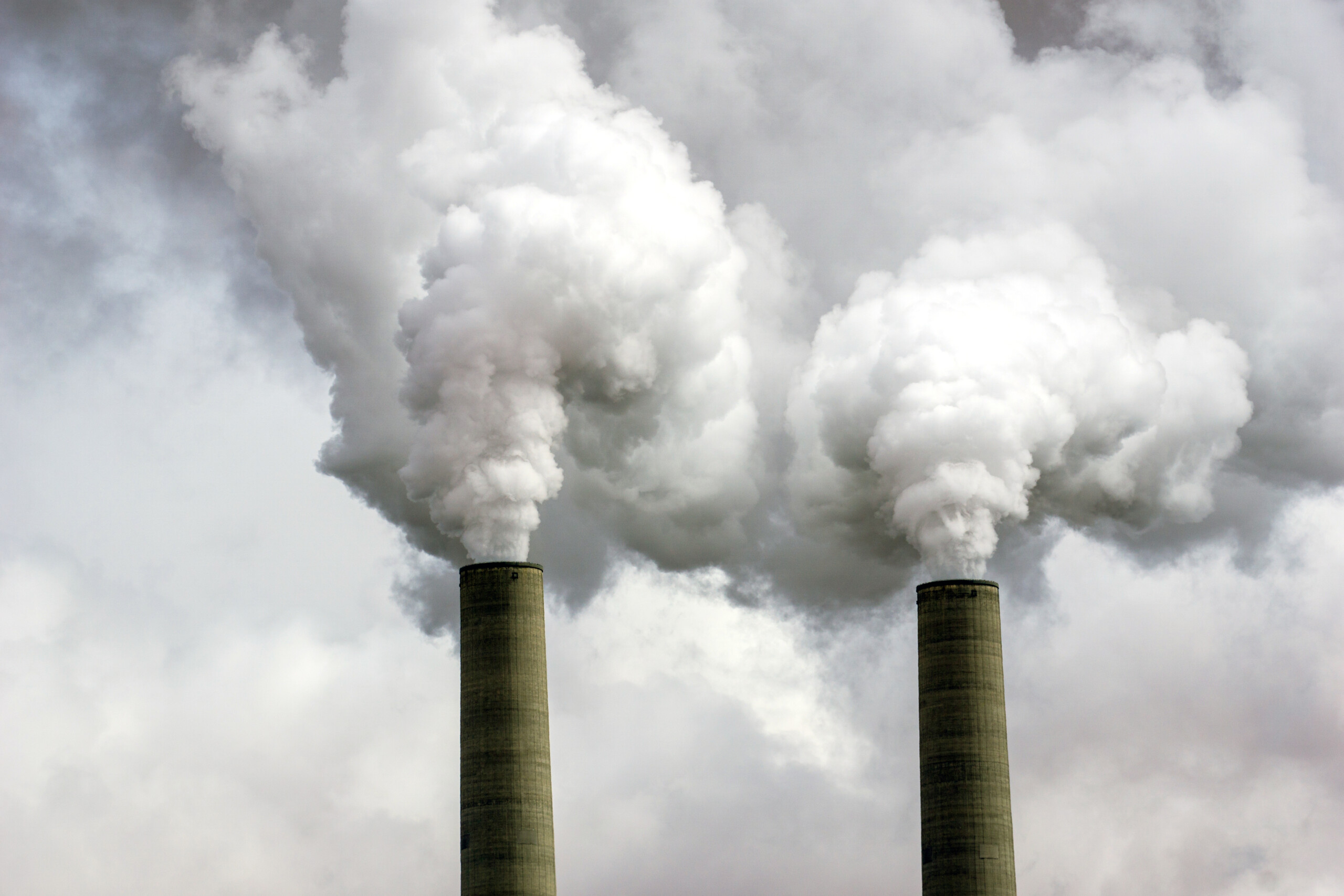Annual Report 2022
Major changes to public policy can feel like they arrive overnight. A law is passed, and the landscape shifts. But in reality, the work done by WRA to advocate for and influence major changes on the state and local level is like the careful construction of an intricate structure, often taking years to develop, plan, and succeed. We play the long game, pushing through obstacles to achieve ambitious and meaningful policies. Building on a strong foundation is key, and WRA knows when to call out a policy framework that may be built to fail — and how to configure solutions that will weather shifting political winds and pressures from forces resistant to change.
ADVANCING ZERO-EMISSIONS TRANSPORTATION IN ARIZONA

In 2018, WRA launched one of the first initiatives to reduce carbon emissions on a regional scale. As part of this effort, The Climate Fix, we put concerted focus on the eight largest utilities within our region and worked with state legislatures and utility commissions to advance rules to reduce carbon emissions from the West’s power sector.
Within WRA’s region, not every state has defined clean-energy plans. But increasingly, most began to see the importance of managing increased energy demands and updating how utilities can spur rapid electrification of the transportation sector and serve customers who drive electric vehicles. Arizona, however, lacked requirements for transportation electrification implementation plans, and WRA saw an opportunity.
In 2021, our team drafted comprehensive language to create a transportation electrification planning process in Arizona. Working closely with members of the Arizona Corporation Commission – the state’s utility regulation authority – this language was ultimately adopted.

The team didn’t stop there. In early 2022, we researched and analyzed examples of well-executed transportation electrification programs across the country. In April, WRA released a resource paper, “Best Practices in Utility Transportation Electrification,” detailing how utilities across the country are developing programs to rapidly bring electric vehicle charging access to more diverse markets, ensure charging is done in a way that doesn’t overwhelm our power grids, and include equity at the heart of all their programs.
WRA began working directly with management at Tucson Electric Power (TEP), which serves roughly 440,000 customers in the Tucson metropolitan area. Our resource paper became a blueprint for TEP, and after an extensive WRA-led stakeholder outreach process, the utility adopted many of the suggestions from our report.
WRA’s moment of victory arrived in November 2022, when the Commission voted to approve TEP’s transportation electrification implementation plan. The plan allocates more than $34 million for transportation electrification infrastructure efforts over the period 2023–2025. This is the largest investment for transportation on a per-customer basis for any utility in WRA’s region.
SECURING THE NEXT STAGE OF COLORADO’S ENERGY TRANSITION

The Climate Fix relies on our expertise of driving state policy as a lever for transformational change. After significant work by WRA, Xcel Energy was the first in the region and nation to set goals to reduce greenhouse gas emissions from its electricity system to be broadly in line with climate science — 80% by 2030 and 100% by 2050. The announcement by Xcel in 2018 was a watershed moment demonstrating that our model of developing policy solutions and working directly with utilities and decision makers could drive significant change. As the first utility to set robust goals, it was important for us to continue to monitor their progress.
In late 2021, Xcel Energy entered a settlement to resolve its pending clean energy plan and electric resource plan. WRA did not join due to concerns it extended operation of the Comanche 3 coal-fired plant until 2034, provided insufficient certainty about near-term greenhouse gas reductions, and unreasonably favored fossil-gas acquisitions, allowing Xcel to acquire almost a billion dollars’ worth of new gas plants.
WRA supported parts of the agreement but opposed the overall framework. We actively engaged with Xcel and the Colorado Public Utilities Commission to evaluate retiring Comanche 3 earlier and sought limitations on the useful life of new gas plants. After WRA presented a compelling case, the commission indicated it was unwilling to approve the settlement as filed.
The parties then went back to the drawing board and negotiated a new, updated settlement agreement that addressed many of WRA’s initial concerns. After extensive negotiations, Xcel agreed to retire the Comanche 3 coal unit by January 1, 2031, accelerating its retirement by another four years and shortening its planned lifetime by 40 years. Thanks to WRA’s advocacy, the earlier date for retiring the coal plant, plus cutting the assumed lifetime for any new fossil gas generation, and establishing interim targets for reducing carbon emissions, will all help Colorado reach its climate goals. Important provisions also extended community assistance to the Pueblo community for 10 years and help in the transition to new economic opportunities as the coal-fired Comanche unit closes.









